COVID Made Us Dumber, Doctor Says
When we first faced COVID-19, our concerns were primarily about physical health. However, Dr. Michael Mosley’s landmark study, The Great British Intelligence Test, revealed an unexpected side effect: a potential decline in our collective intelligence.
Initiated before the pandemic, this massive experiment aimed to measure the nation’s brainpower but ended up uncovering how a virus could impact our cognitive functions in significant ways.
The Great British Intelligence Test: A Prelude to Discovery
Launched with the help of scientists from Imperial College London, The Great British Intelligence Test was no small feat.

Source: Freepik
Engaging over a quarter million participants, this experiment was designed to explore brainpower across the U.K. (via The Daily Mail). Before the pandemic, it provided valuable insights into how age affects cognitive abilities, laying the groundwork for an even bigger discovery.
Age vs. Wit: The Early Findings
Initial findings highlighted a peak in problem-solving abilities among people in their early 20s. This group, equipped with a blend of youthful speed and an expanding knowledge base, outperformed both younger teenagers and older adults.

Source: RDNE Stock Project/Pexels
This suggested that our cognitive speed and efficiency have a prime time, subtly hinting at how external factors might influence these abilities.
Understanding Cognitive Decline
The decline in problem-solving skills with age was linked to changes in the brain’s wiring, specifically the myelin sheath’s thickness.
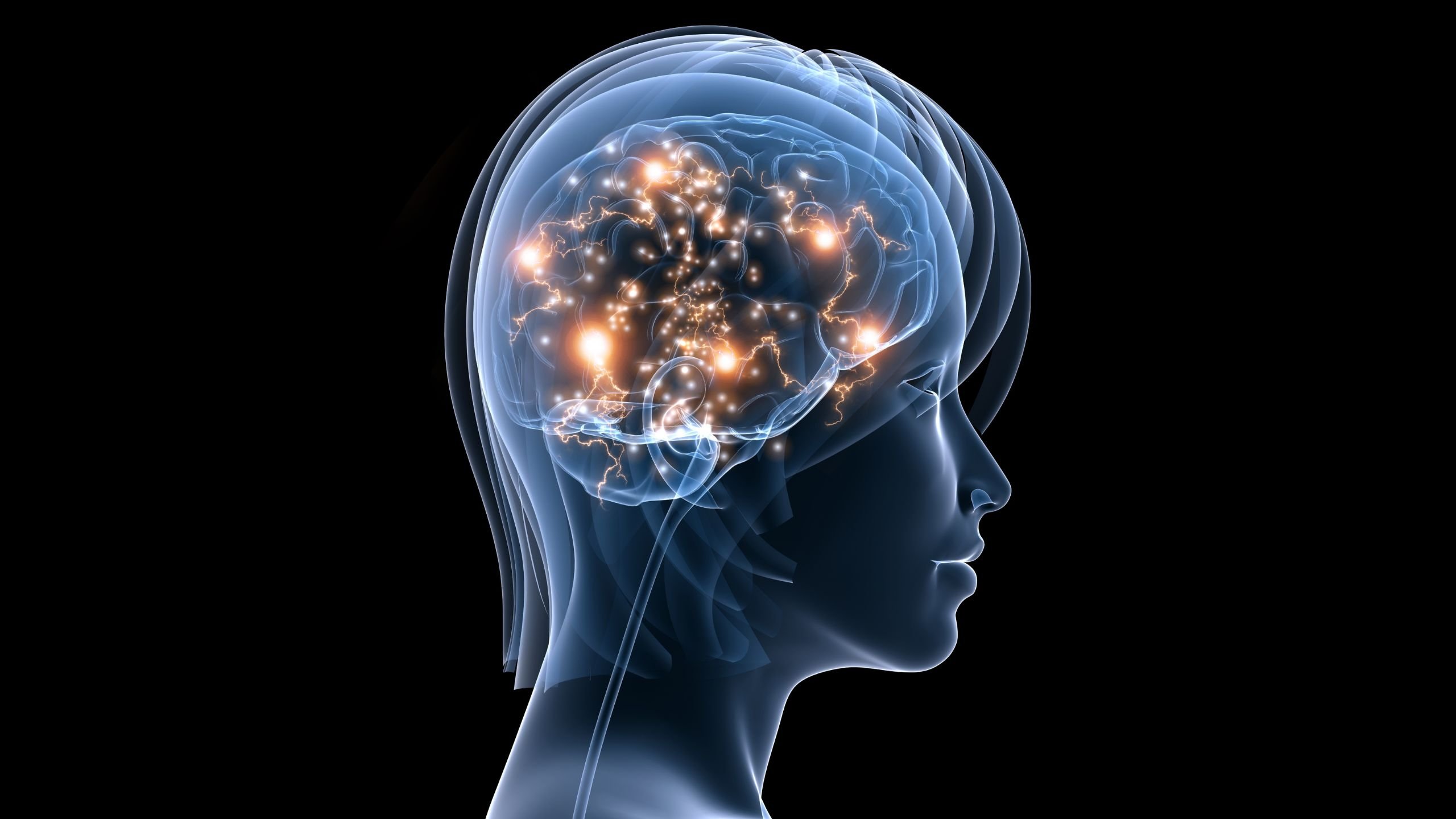
Source: Canva
As we age, this protective layer thins, slowing down communication between neurons (via the Cleveland Clinic). This biological insight was crucial for understanding the study’s later findings on how diseases like COVID-19 could further affect our cognitive processes.
Verbal Skills ... and Cats
Among the more lighthearted discoveries was that verbal abilities improved with age, peaking in individuals in their 70s (via The Daily Mail).
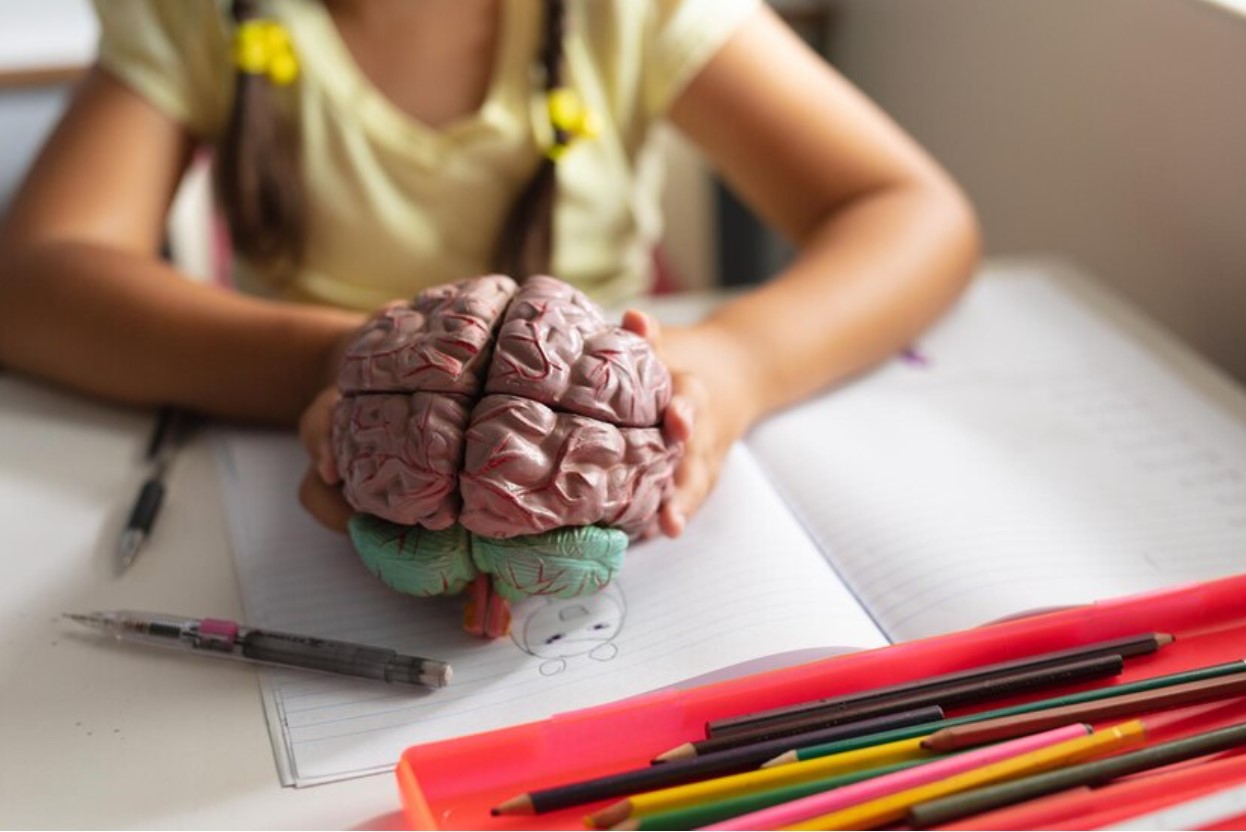
Source: Freepik
Furthermore, cat lovers and book readers showed higher verbal abilities, suggesting that not all cognitive functions decline with age. These findings provided a glimmer of hope and a dash of humor amid more serious concerns.
The Pandemic's Toll on Intelligence
With the pandemic, the study’s focus expanded, incorporating questions about COVID-19’s impact. Shockingly, those infected with the virus showed a decline in IQ scores, especially in executive functions such as memory and flexible thinking.

Source: Freepik
This was an indication of the virus’ far-reaching impacts beyond immediate physical health concerns.
The Bigger Picture: A Worldwide IQ Decline
The decline in intelligence wasn’t a new phenomenon but part of a troubling trend observed since the 1970s (via Forbes).
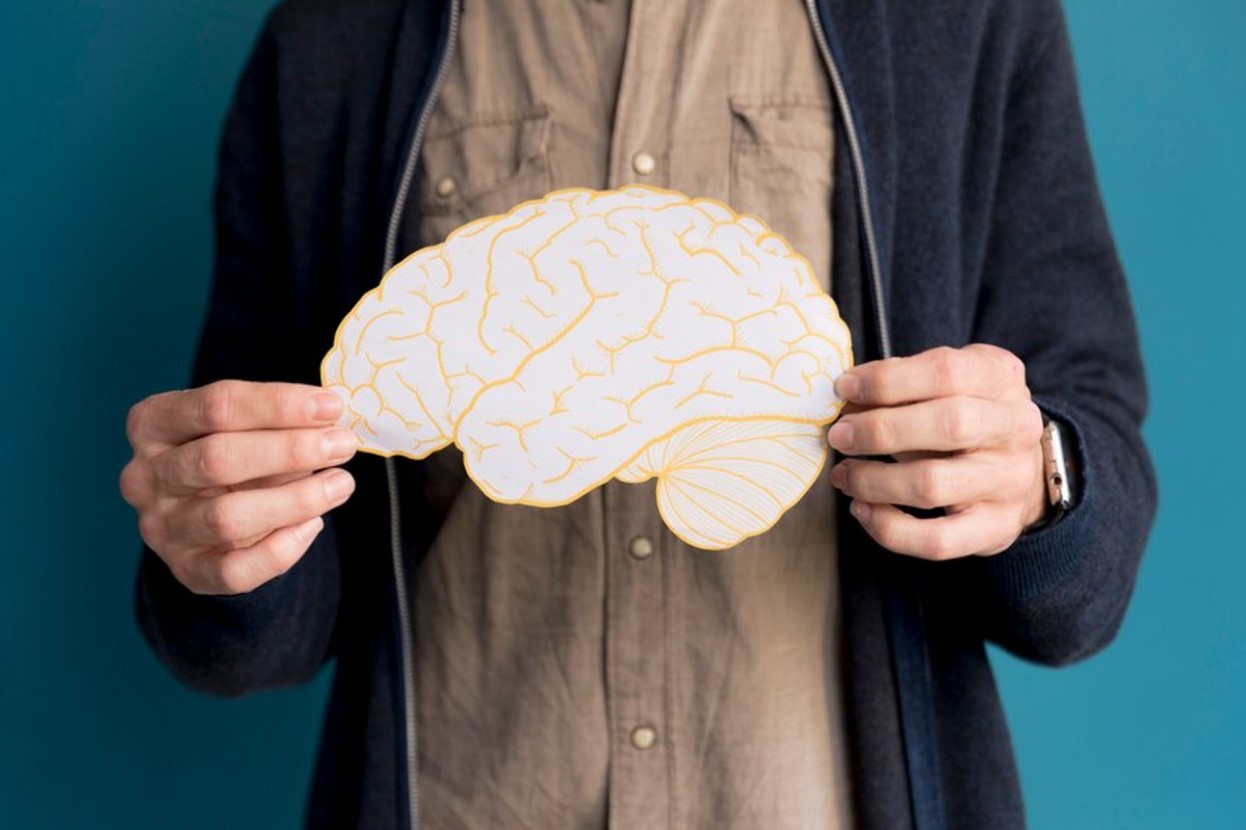
Source: Freepik
Studies from around the globe have shown a steady drop in IQ scores over generations. This broader pattern underscores the urgency in understanding and addressing the factors behind our cognitive decline.
Linking Diet, Disease, and Dumbness
Lifestyle choices, including rising obesity rates and the consumption of ultra-processed foods, have been implicated in this cognitive downturn (via The New York Times).

Source: Freepik
The direct impact of infectious diseases like COVID-19 adds another layer of concern, suggesting a complex interplay between our health choices and environmental factors in shaping our cognitive futures.
AI: A Double-Edged Sword
The role of artificial intelligence in our lives is growing, but not without potential costs.
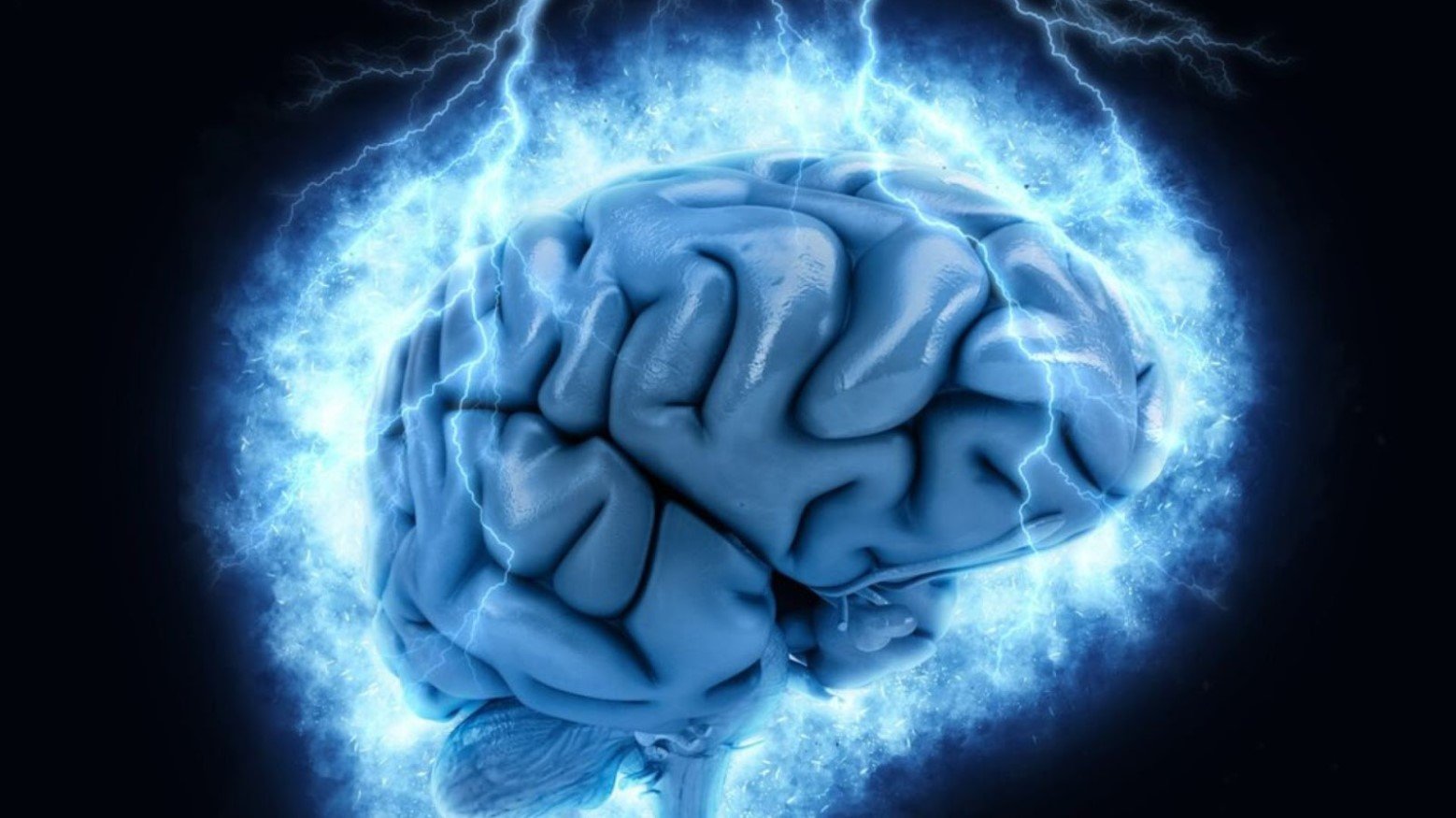
Source: Kjpargeter/Freepik
Some researchers fear that our increasing reliance on AI for cognitive tasks could exacerbate the decline in human intelligence, raising questions about the balance between technological convenience and cognitive health (via the Pew Research Center).
Fighting Back: Diet and Gaming
All is not lost, however. Adopting a Mediterranean diet and engaging in video games have both been shown to positively impact cognitive functions (via The Daily Mail).

Source: Wikimedia Commons
These activities, promoting a healthy lifestyle and stimulating mental engagement, offer practical ways to combat the trend of declining cognitive abilities.
The Key to Mental Fitness
Taking on new hobbies and challenges has been proven to keep our brains sharp. According to Medical News Today, activities like dancing, painting, or even complex gaming can enhance cognitive skills, emphasizing the importance of continually challenging ourselves to maintain and improve our mental fitness.
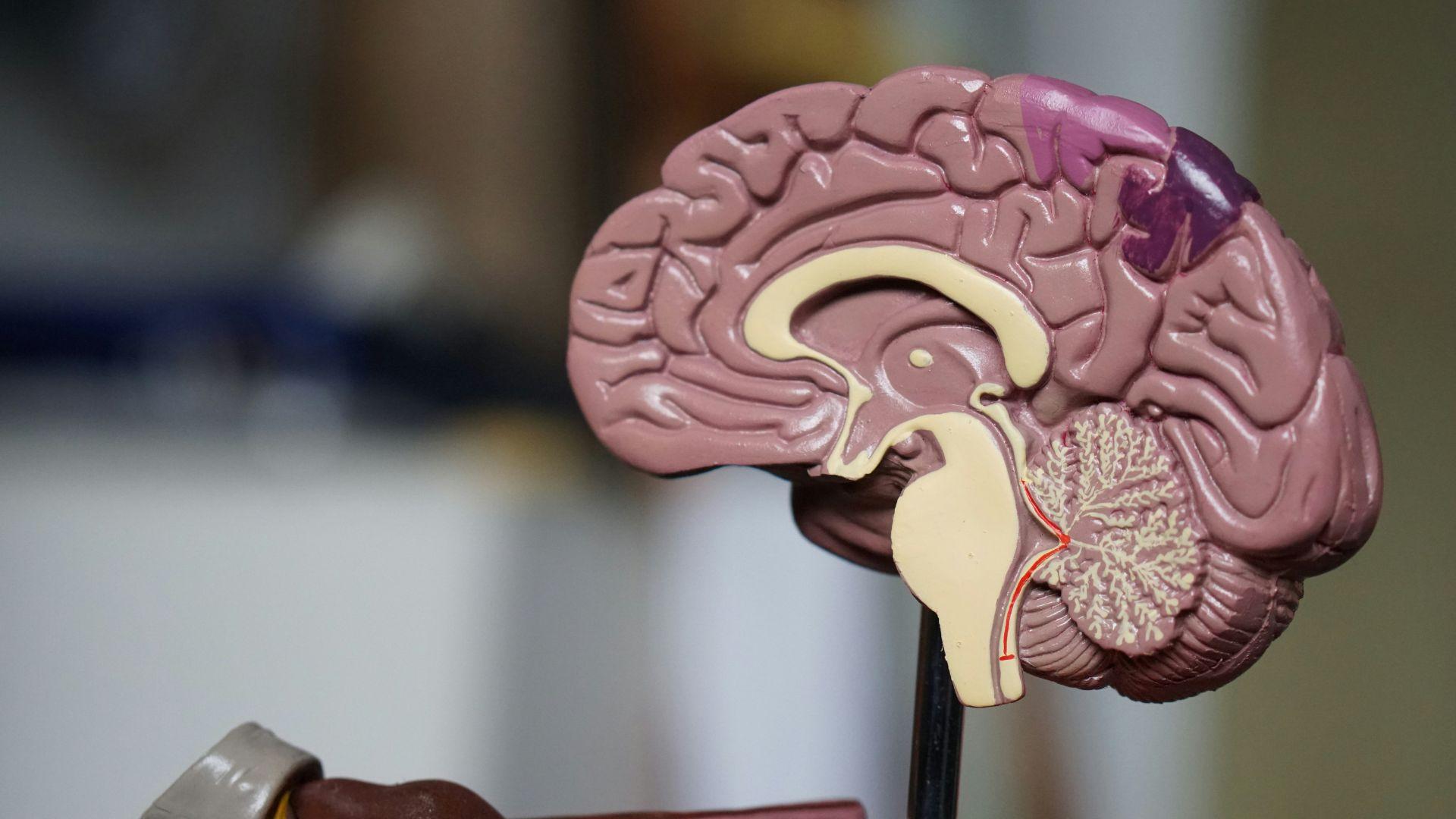
Source: Robina Weermeijer/Unsplash
Moreover, these activities can also provide a sense of fulfillment and satisfaction, leading to improved overall well-being.
The Road Ahead
In facing the cognitive challenges posed by modern life and unexpected crises like the COVID-19 pandemic, it’s essential to remember the power of balance and self-care.
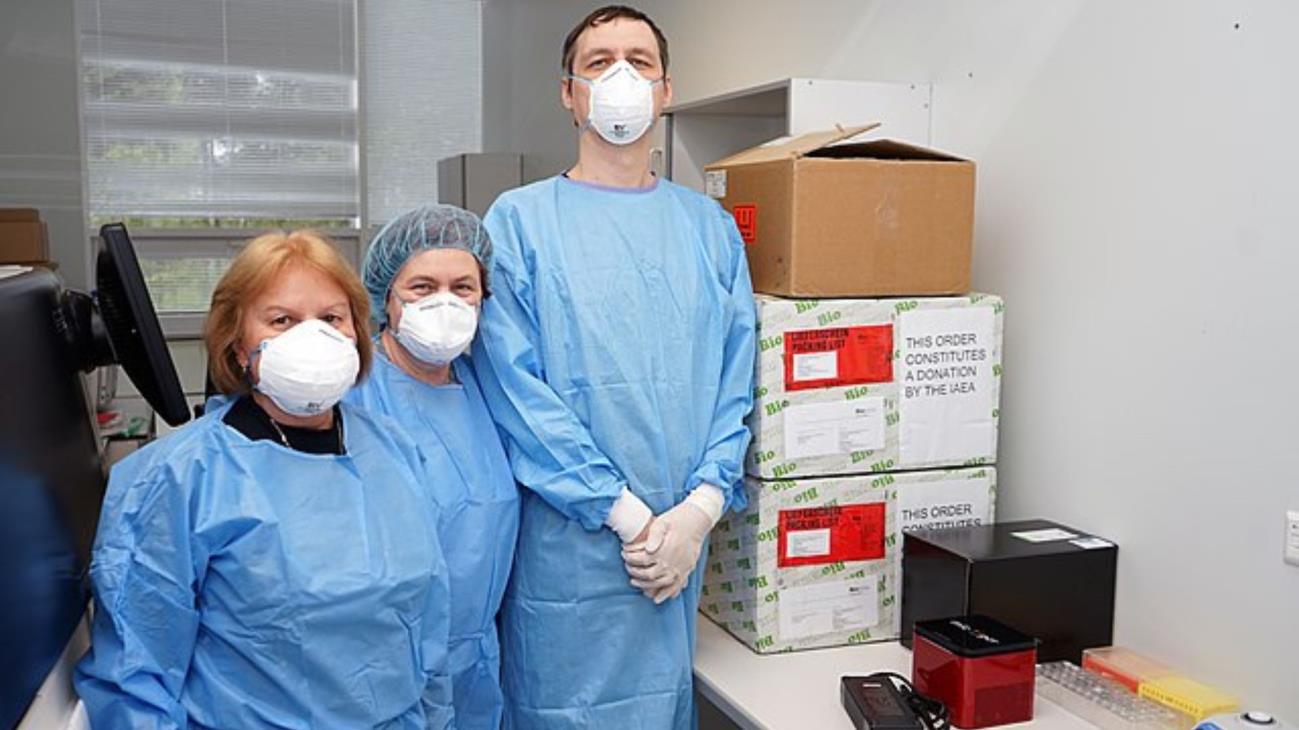
Source: IAEA Imagebank/Wikimedia Commons
Dr. Mosley’s research and insights from The Great British Intelligence Test not only highlight the impacts of these challenges but also guide us toward actions we can take to keep our minds sharp and resilient.
